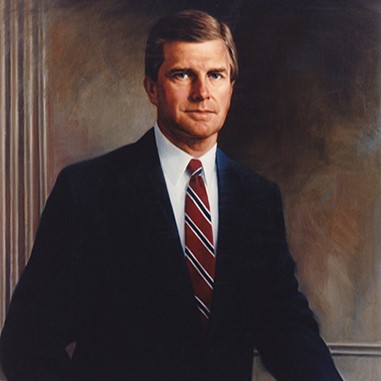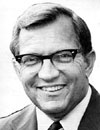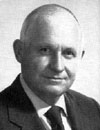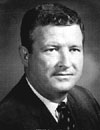South Carolina
Gov. John Rutledge
-
July 18, 1776 - March 7, 1778
January 9, 1779 - January 31, 1782 - September 1, 1739
- July 18, 1800
- South Carolina
- Married Elizabeth Grimke; ten children
- Supreme Court
About
JOHN RUTLEDGE was born near Charleston, South Carolina. He was privately tutored in his youth and then studied law at London’s Middle Temple, following which he returned to Charleston to practice law. In his early twenties he was elected to the Provincial Assembly. Although he preferred to act with restraint following passage of the Stamp Act of 1765, he did chair a committee of the Stamp Act Congress that drew up a petition to the British House of Lords. After serving in both the First and Second Continental Congresses, Rutledge helped reorganize South Carolina’s government, and in 1776 he took part in writing the state constitution and became president of the lower house of the state legislature (effectively governor), a post that he held for two years. Not long after he became governor again in 1779, Charleston was besieged by the British, which captured the American army and confiscated Rutledge’s property. Rutledge escaped to North Carolina and went about rallying forces to take back South Carolina-an effort that proved successful in 1781. In January 1782 Rutledge resigned the governorship and became a member of the lower house of the South Carolina legislature, where he served for several non-consecutive terms. He was also a delegate in 1782-83 to the Continental Congress, maintaining a moderate nationalist stance and working to protect southern interests. Once the U.S. Constitution had been signed, he was appointed an Associate Justice of the U.S. Supreme Court by George Washington. After serving for two years, he stepped down and became Chief Justice of the South Carolina Supreme Court. In 1795, Washington again appointed him to the U.S. Supreme Court-this time as Chief Justice to replace John Jay, but his appointment was rejected by the U.S. Senate based in part on his opposition to the Jay Treaty [under which Great Britain surrendered military posts in the Great Lakes region].
*Note: exact date of birth is not known.
Source
The National Cyclopaedia of American Biography, Vol. 1. New York: James T. White & Company.
-
Brother of South Carolina Governor Edward Rutledge











